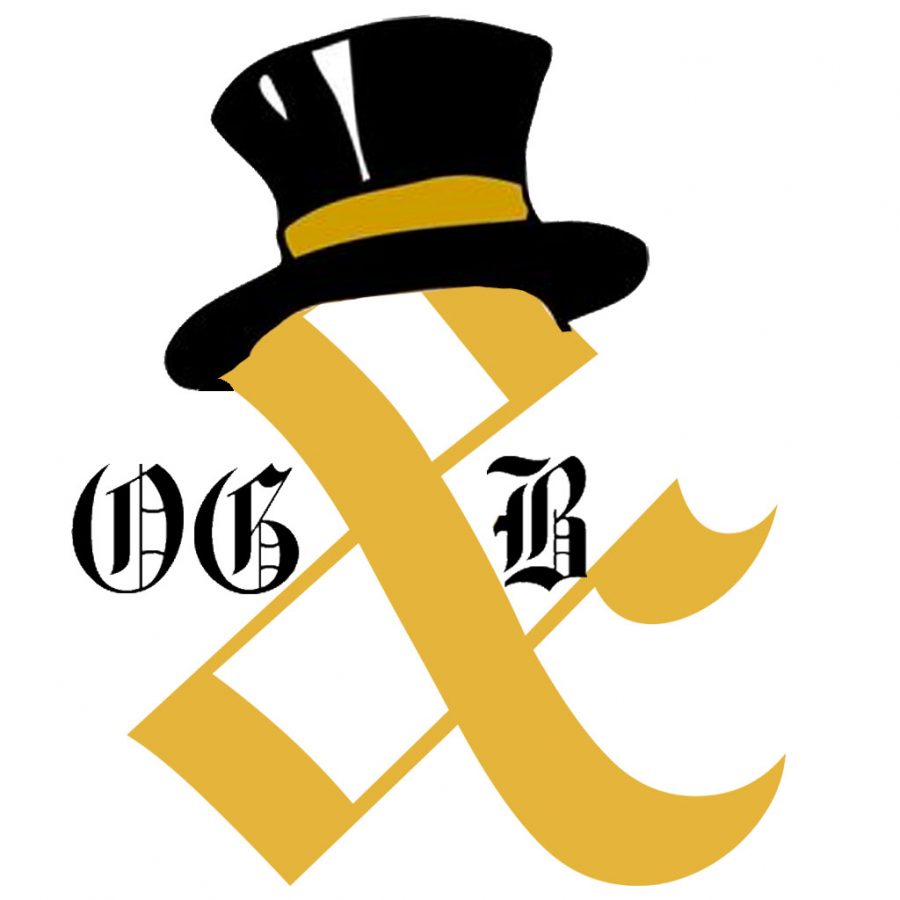It seems banal to say that we do not truly know a place until we’ve experienced it. Yet with Russia, I had preconceived a vague and judgmental body of knowledge that was almost wholly without context. My biases and premonitions were borne out of a set of facts that were blunted and blanketed by totalitarian dogmatism. Russia’s reputation in America as a vision of abhorrence formed it as an object lacking any complexity. In America, we see Russia, simply, as a political (and, by extension, moral and cultural) inverse to ourselves, a place with nothing to offer, an epitomization of the cliché that “everyone needs something to hate.”
After a week spent in St. Petersburg, Russia, although I cannot and will never claim intimate knowledge and understanding, I can say that, in America, we almost categorically disregard notions of time and history, and the illuminating contexts they can provide. As we continue to simplify the Russian narrative into a present target of jingoism, we tend to ignore historical perspectives. The notion of how-we-got-to-where-we-are applies to American politics, it seems, but none else.
Take Vladimir Putin, for example. After a week in St. Petersburg, surveying the Russian canon, and learning of history through the literary imagination of the country and the city, Putin morphed from a slippery, sui generis manipulator to an effect of historical upshot. He was no longer a despot-out-of-a-void, but a conservative, orthodox leader trying to re-establish a sense of national pride after a failed and corrupted democratic experiment. That he goes about this through a controlling, anti-Western method is, yes, morally reprehensible, but can also be seen (and is seen by some Russians) as a prideful pivot inward, a we-don’t-need-the-West independence movement in reaction to all the failed attempts at Western adoption. Putin’s reassertion of government industry, ripped from the clutches of corrupted, crony-capitalist oligarchs, takes on a shade of stabilization and reliable business. Historical uncertainty, violence, and civic abuse towards a innocent citizenry produced a president who demands stability. The Putin presidency is, in a sense, an attempt at healing a historically wounded nation. I am not condoning Putin’s meddling aggression in the West (it speaks volumes, I think, that I even feel the need to clarify that), but am advising a more informed discourse about our own relation to the East. As Russia’s relevancy in America reaches a fever pitch (perhaps culminating in the result of the Mueller probe), it would behoove us all to know a bit about the place, other than that we generically dislike it. From a place of knowledge, we can move more effectively forward.
What made such an indelible imprint on me during my time in Russia was not so much that the Russian canon is a diverse, exceptional, and transcendent one (I already knew that, although to the extent that it was further elucidated only heightened my admiration), but actually that this canon helped clarify a jaded and pilloried perspective that exists in America. Russia’s political history is long and abusive, foisted onto Russians by both domestic leaders and foreign imposition. The Siege of Leningrad, which we saw through the accounts Svetlana Alexievich, accounts akin to those of Tim O’Brien in their trenchant truth-telling, and through an embodied experience of the national monument, became a real, sympathetic and stirring historical detail. Through all of this, the present became a shade more decipherable. Through this historical and literary decoding, my perspective gained scope, and hopefully my contributions to the discourse will be more informed, from both an intellectual and emotional standpoint. “…failure seldom broadens perspectives,” Joseph Brodsky said of Lenin’s various attempts at revolution. As Americans, we should venture to fail in our understanding of Russia, because at least then we’d be looking past the headline.







